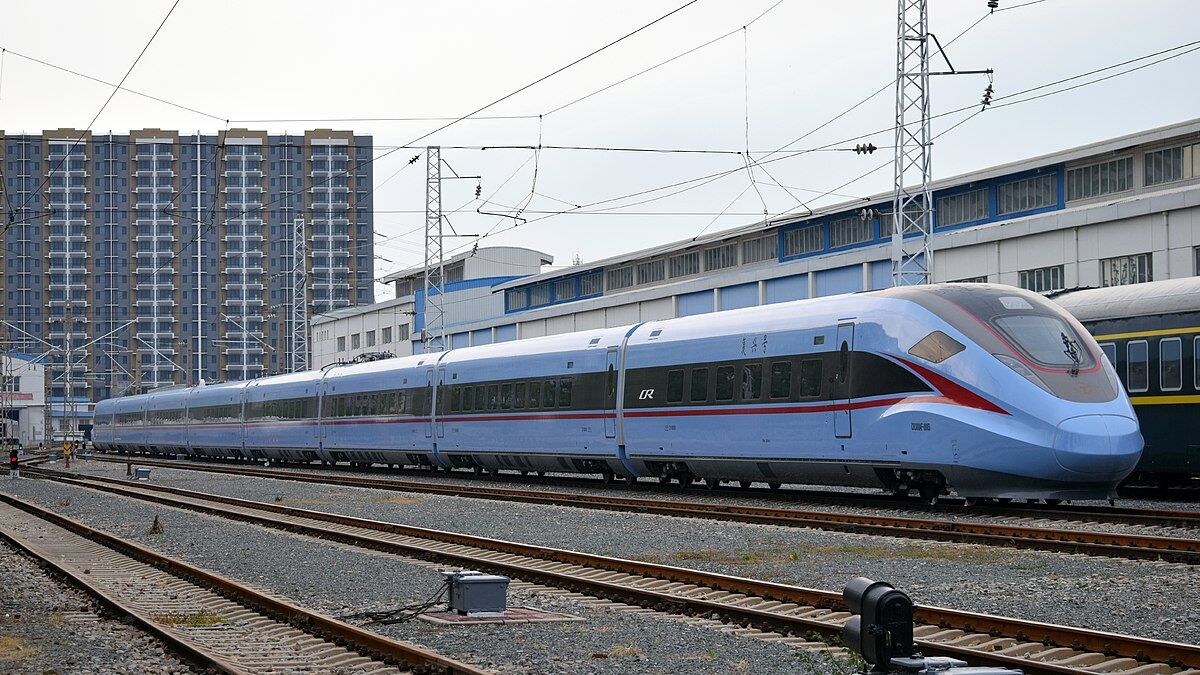Second phase of Thai-Chinese high-speed rail project approved

The State Railway of Thailand (SRT) has given the green light for the second phase of the Thai-Chinese high-speed rail project. This phase, which spans from Nakhon Ratchasima to Nong Khai, has an investment total of 341.35 billion baht.
Details were shared by SRT governor, Nirut Maneepan, who disclosed that the project’s approval occurred during a recent board meeting. Chirute Visalachitra, Deputy Director-General of the Department of Land Transport (DLT), presided over the meeting.
This ambitious project, a joint venture between Thailand and China, seeks to establish a rail system between Bangkok and Nong Khai, covering a distance of 607 kilometres. The upcoming second phase will span an impressive 357.12 kilometres from Nakhon Ratchasima to Nong Khai.
The planned route is split into two sections: a 202.48-kilometre elevated structure and a 154.64-kilometre ground-level railway. Five stations are included in the development plan, namely Bua Yai, Ban Phai, Khon Kaen, Udon Thani, and Nong Khai.
The next step for the SRT is to present the project to the Transport Ministry, which will then propose it to the cabinet for approval within the year.
The civil engineering aspect of the project is slated for completion within four years, with the electric rail system construction estimated to take an additional five and a half years. The anticipated operation commencement for the train service is set for 2031.
Significantly, the civil engineering design for the project’s second phase has already been completed. The environmental impact assessment (EIA) report also received the green light from an Environmental Impact Assessment Division committee on February 16.
In addition to the rail project, the SRT board has also endorsed the idea of having a company invest in the Natha cross dock in Nong Khai, which is part of the train project’s second phase, reported Bangkok Post
Only last week, Deputy Transport Minister Surapong Piyachote revealed that SRT soon expects the closure of the final chapters in the Thai-Chinese high-speed railway’s first phase.
Latest Thailand News
Follow The Thaiger on Google News:


























